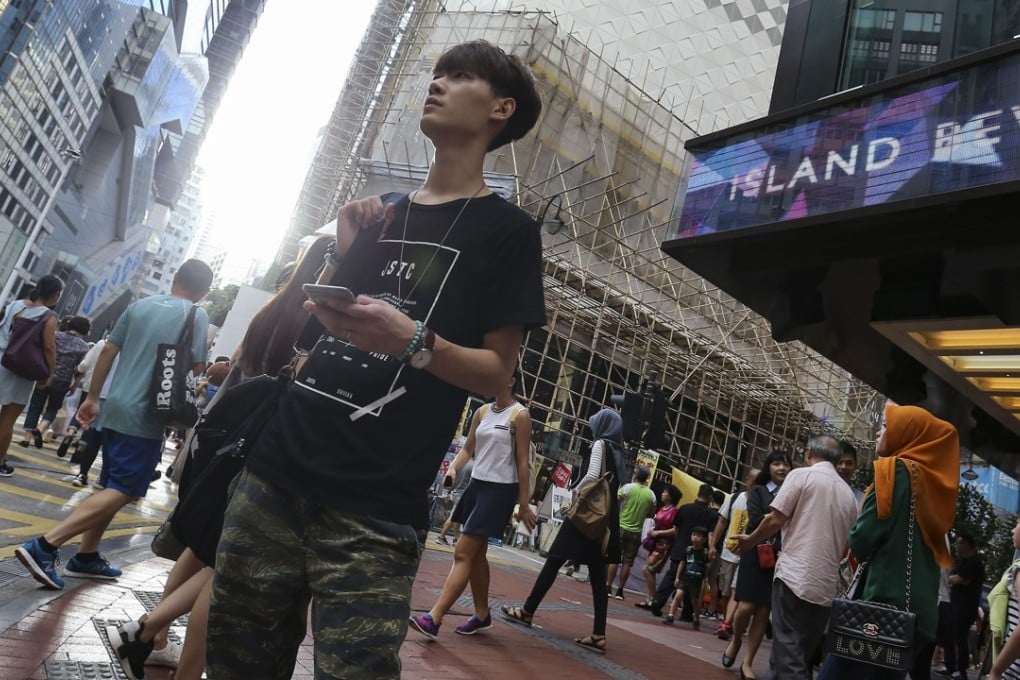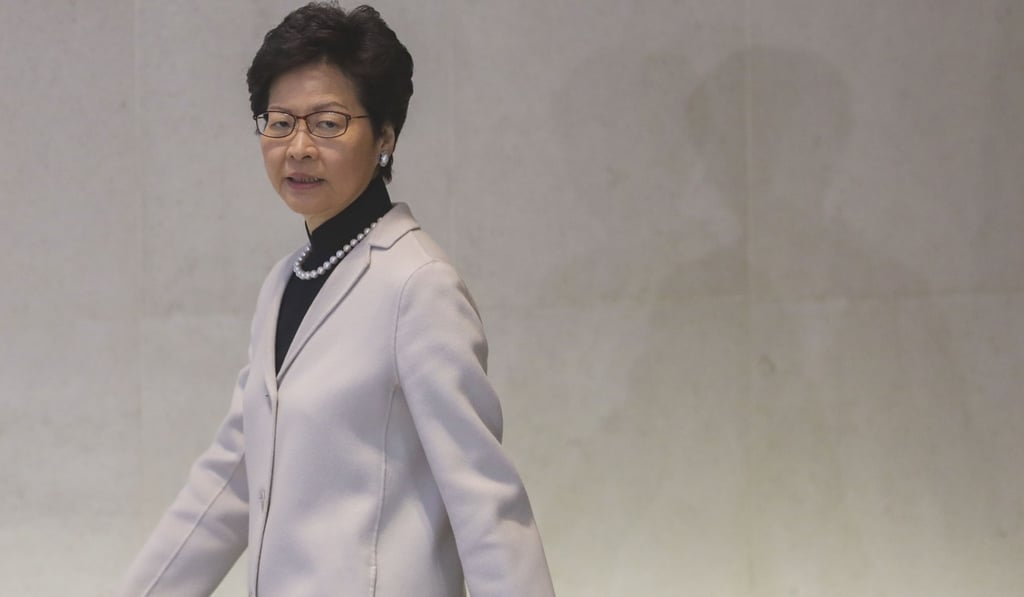Advertisement
Young people still divided on Hong Kong government’s push to increase youth participation in policy advice
Survey reveals that most respondents find the administration’s ability to grasp public opinion lacking
Reading Time:2 minutes
Why you can trust SCMP

Young people in Hong Kong remained divided on the government’s new initiative to increase youth representation in advisory committees, with less than half of them saying it would boost their trust in the administration, according to survey findings released on Thursday by a local NGO.
The Hong Kong Federation of Youth Groups, which oversees more than 70 service units in the city, polled 525 young people in a survey based on Chief Executive Carrie Lam Cheng Yuet-ngor’s new policy to recruit more young committee members.
The federation found that 46.3 per cent of respondents said their trust in the government would be raised from such measures, while 40 per said there would be no impact.
Advertisement

In her maiden policy address on October 11, Lam pledged to raise to 15 per cent the proportion of young members, aged between 18 and 35 years, in government committees and policy research units.
Advertisement
The recruitment exercise for 11 young members for five groups – Action Committee Against Narcotics; Committee on Innovation, Technology and Re-industrialisation; Committee on the Promotion of Civic Education; Environmental Campaign Committee; and Youth Development Commission – closed last month.
The group’s third annual study also revealed that 63.4 per cent of young people aged between 15 and 35 years did not trust the government, compared with 66.4 per cent in 2016 and 63.4 in 2015.
Advertisement
Select Voice
Choose your listening speed
Get through articles 2x faster
1.25x
250 WPM
Slow
Average
Fast
1.25x